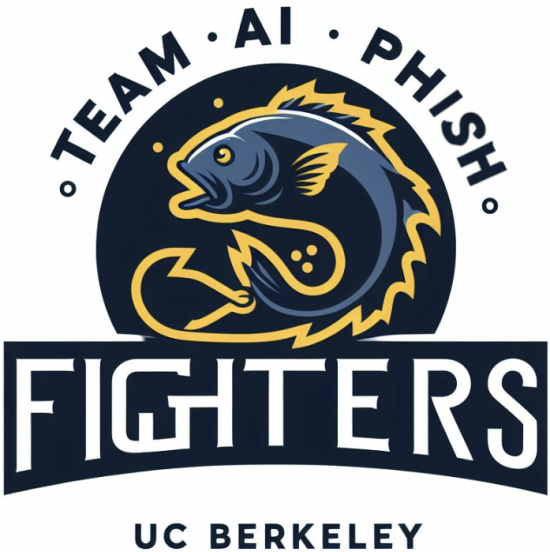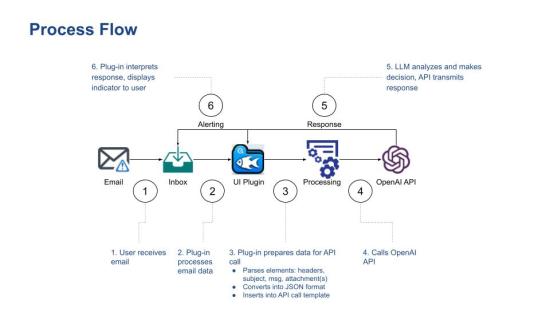LLM-Powered Spear Phishing Detection Solution
Problem Statement
"Imagine a bustling city street, alive with people going about their daily life. In this action-packed environment, a skilled pickpocket moves with stealth, blending anonymously and seamlessly into the crowd... but this isn't just any ordinary thief - this is a highly skilled criminal that is carefully observing the behavior of the passerby, specifically identifying a victim to maximize the value gained and chance of success."
Much like an adept pickpocket, Spear Phishing poses a grave threat in the digital realm. Crafted with precision and personalization, these deceptive emails slip past traditional cyber defenses, causing 66% of breaches despite making up less than 0.01% of all email traffic.
Project Description
Our Team AI Phish Fighters, developed a transformative solution fueled by Large Language Models (LLMs), colloquially known as Generative AI, and harnessed OpenAI's GPT technology. Our innovation reshapes the landscape of Spear Phishing defense, delivering real-time email analyses directly to your inbox.
Project Solution
- The LLM-Powered Spear Phishing Detection Solution leverages OpenAI's GPT to provide real-time analysis of emails, to identify whether any could be Spear Phishing
- Lightweight integration with Outlook
- Actionable insights delivered with negligible friction
- Designed with users and nonprofits in mind
- Highly effective at low cost
- No technical expertise required
- Minimal effort to implement and operate
- Lightweight integration with Outlook
- Actionable insights at your fingertips for informed decisions.
- User-Centric Design prioritizing ease of use for all, including nonprofits.
- Cost-effective accessibility, ensuring broad adoption.
- No Technical Expertise Required, making cybersecurity accessible to everyone.
- Easy Implementation & Maintenance, reducing operational burdens.
Funding
In efforts to offset the significant upfront costs associated with integrating AI tools, team AI Phish Fighters applied for funding to the UC Berkeley Center for Long-Term Cybersecurity (CLTC), and was fortunate enough to receive a generous Cal Cybersecurity Research Fellowship grant to support our research.











